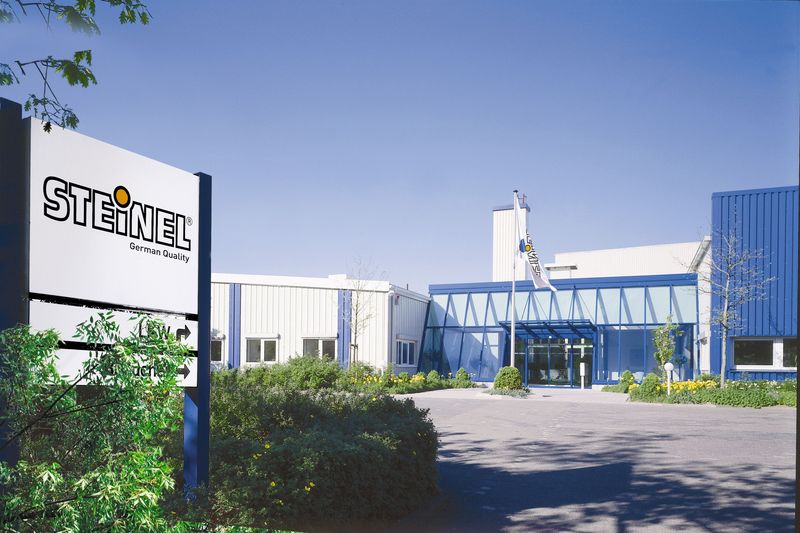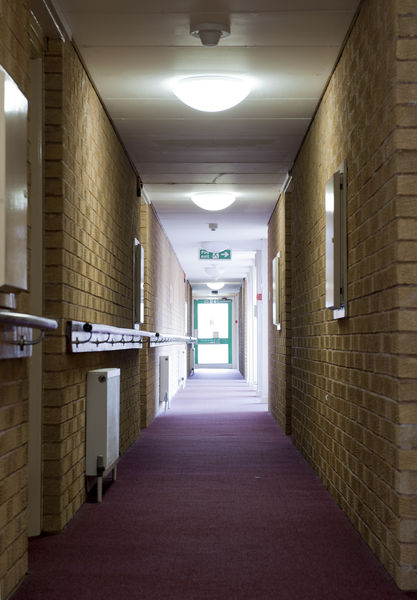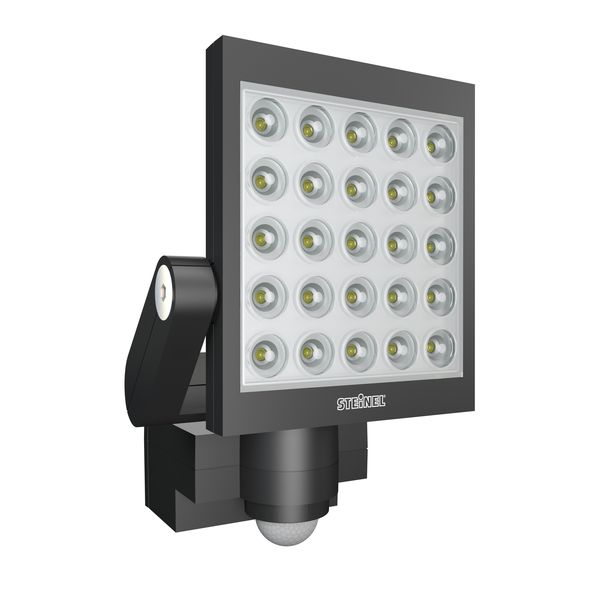Steinel UK
Steinel (UK) Ltd works with universities and colleges to help them to reduce energy use and cut carbon through intelligent lighting sensor technology.
Steinel invented the Passive Infrared (PIR) sensor in 1987 and has since sold over twenty two million sensor products worldwide. For this reason, Steinel is the market leader in lighting sensor technology, in both design and quality.
Working with universities to unlock energy savings of up to 45%
Steinel has used its expertise to assist universities like King’s College London, Bristol University and the University of Worcester in reducing their energy burden. We are dedicated to providing solutions to the common problems of energy waste that plague higher education.
Corridors and common areas are overlooked energy drains, due to round-the-clock lighting. The California Energy Commission estimates that typical savings from sensor-controlled lighting are 35-45%.
King’s College London
Identifying the corridors within its halls of residence as key sources of energy waste, King’s College London replaced manually switch-operated ceiling lights with approximately 800 high-frequency sensor controlled lights from Steinel. This is a move that will provide payback within two years and help fund the next energy/carbon reduction project at this pace-setting university.
Bristol University and the University of Worcester have also saved energy through installation of Steinel sensor-lighting, providing a blueprint for like-minded institutions.
Time for an energy audit?
To get a true picture of energy consumption across a university campus, it is often necessary to use specialist technology. For this reason, Steinel has launched PROLog – a lighting and occupancy measurement device that accurately monitors instances of lighting energy waste. PROLog allows universities and colleges to carry out a detailed energy audit and build the business case for upgrades.
Invest in sensor-controlled lighting
Steinel’s long-lasting, highly-intuitive lighting range allows universities to literally forget all about their lighting needs. The maintenance burden is cut to a minimum, thanks to the long lifespan of the energy-efficient lamps, and the sensors mean that the lighting is only ever on when a room is actually occupied.
Putting an end to energy waste
Energy waste can elevate energy bills and leave institutions vulnerable to penalties under environmental legislation like the Carbon Reduction Commitment. However, universities have an opportunity to lower electricity bills and drive down carbon emissions by switching to energy-efficient, sensor-controlled lighting.
Main Contact Name: Yvette White
Main Contact Email: yvettewhite@steinel.co.uk
Further information/website: www.steinel.co.uk
Share with us: www.twitter.com/steineluk




_large.jpg)









